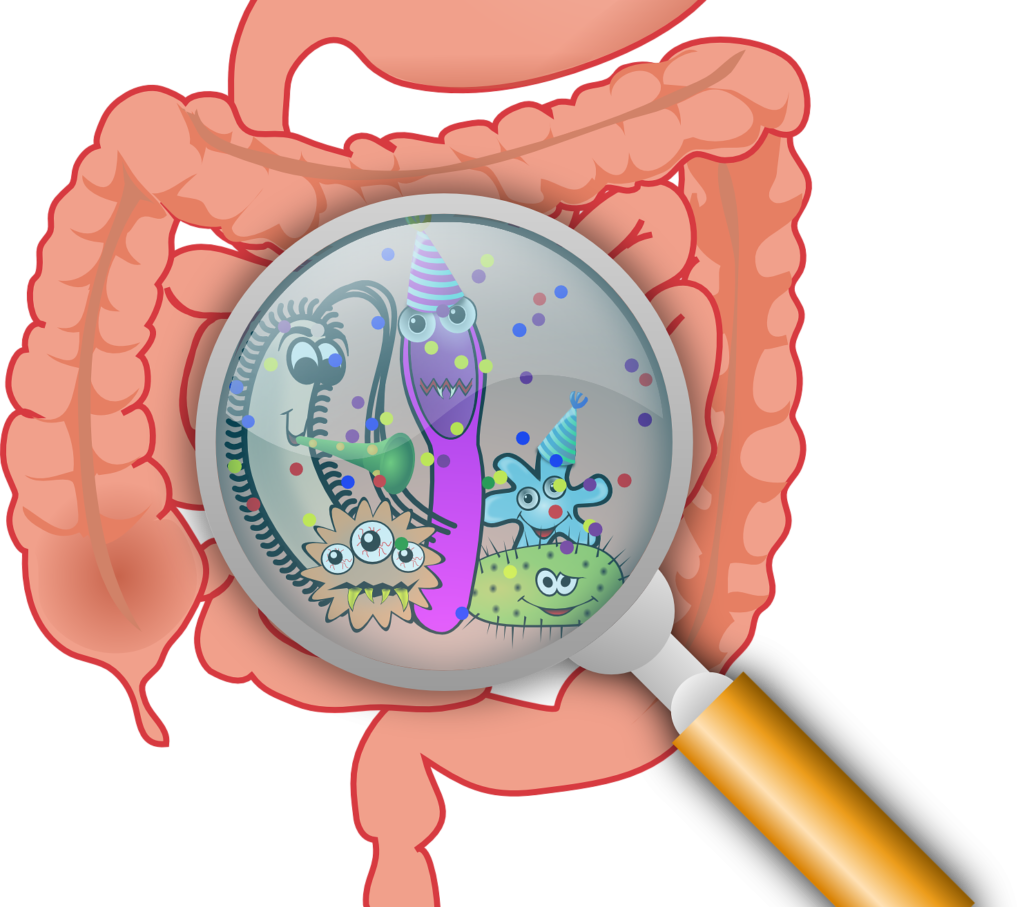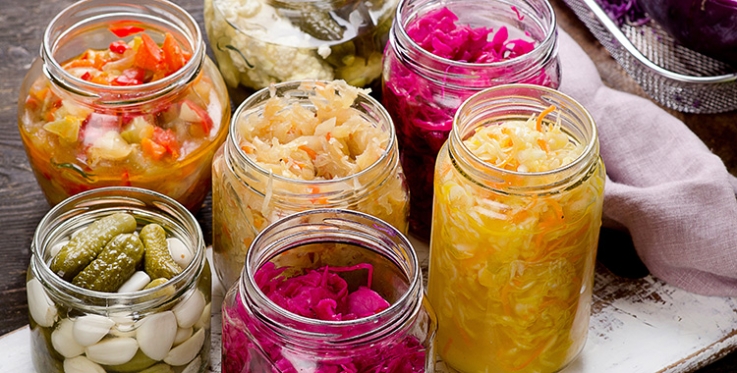Nutrition: You Feel What you Eat
Hippocrates stated ‘let food be thy medicine’. Almost 2500 years later, research is showing that he could be right. We know how important food is for our physical health but how could food influence our mental health? Several studies have found associations between nutrition and mental health, but people never understood why. People also probably ignored it because let’s be honest; nobody liked that chirpy flatmate who was up at 6 in the morning making celery smoothies. However, an important finding was then discovered by neuroscientist Diego Bohorquez at Duke University in North Carolina. He found that there were neurotransmitters (brain chemicals) in our gut that were similar to the neurotransmitters in our brain such as serotonin and dopamine, and there was a direct pathway between the two via the vagus nerves. And even if the vagus nerve was cut off, the stomach could still operate independently. With this amazing finding, the enteric nervous system was born. We have a second brain in our gut! And more importantly, how we eat directly impacts how we feel. This post aims to explain the relationship between what you eat (nutrition) and how you feel, physically and mentally (well being).

This finding led to an explosion of research into the relationship between the gut and the brain. It helped make sense of many phenomena. For example, why we experienced ‘butterflies’ in our stomachs when nervous, or why we get hangry. When our brain chemistry alters, our stomach chemistry also alters. When we lack neurotransmitters in our brain, we can get depressed. When we lack neurotransmitters in our gut, we can become constipated; a depression of our digestion. When we have too much neurotransmitters in our brain, we can get anxious. When we have too much neurotransmitters in our gut, we can develop diarrhoea or cramps. It’s all related. But more importantly, it opened up a new avenue of research. If our gut affects how we feel, then food, which is continuously entering the gut, also has an influence on how we feel. Enter micro-biome.

Micro-biome refers to the various types of organisms such as bacteria in our gut. It influences our metabolism, which decides how much energy we take from food. Research has demonstrated that it is the micro-biome that breaks down food in our stomachs and this leads to secretion of neurotransmitters, which then affects how we feel. For new mothers, this is why breast milk is so important. Breast milk contains several nutrients essential for developing these micro-biomes in your child’s gut. When newborns are delivered by natural birth, they come with a a sheet of bacteria for extra protection to help develop the micro-biome. When children are delivered by c-section, they do not get this sheet and there chances of developing asthma or obesity rises by 25%. It is believed there is approximately 40 trillion bacteria living on and in us. Yes, that much. Therefore, the golden question among nutritional scientists, immunologists and dieticians is how can we alter our microbiota. While it is early days, they have found some impressive findings.

Research from University College Cork has shown that eating different types of fats result in different levels of stress hormones being released in mice. This is because our microbiota breaks down fat in different ways, so this shows one way in which what we eat affects our mental health. Pretty impressive eh?
But what is probably most impressive is that the microbiome has the ability to change our biology. A study by June Round at the University off Utah found that microbiome could not only predict obesity but also prevent it. One study looked at rats that were genetically predisposed to obesity. They fed one group of rats a certain type of micro-biome and the other group did not have it. Results found that the group of rats who ingested the micro-biome did not become obese while the other group did. A similar study found that these microbiome supplements would allow babies rats who had a lack of probiotics to recover to their regular state over time.
In relation to specific foods, research is showing that the greater the variety of microbiome, the greater chance we have with dealing with various types of diseases and the better chance we have of experiencing a higher sense of well being. This means that there is a myth about nutrition that has been around for decades. It’s not about how much certain foods we can eat. It’s about how many types of food we can eat. The more diverse our nutrition, the more diverse our microbiome. For example, it is much better to have an apple, a papaya and an aubergine than it is to have five apples. Variety is key. Ever wondered why fruit and vegetables have so much variety of colour? It’s because they each hold different types of bacteria that change their dye. This means that if we can consume these various types of colours, then we will develop more variety of bacteria in our own gut, hence why colourful dinner plates are essential.

So it probably doesn’t come to you as a surprise that John who spends every day eating sausages and chips probably doesn’t have a healthy level of nutrition but now you know why. If he eats the same thing everyday, his gut biome will not be diverse, and this allows him to be more susceptible to sickness and diseases. On top of this, he will also have a chemical imbalance in his gut’s brain system, which then influences our main brain’s neurotransmitters. Thus, how we eat affects how we feel. So what should we eat? Well as mentioned already, we should eat contrasting ranges of different food. Of course, omega 3 found in fishes is clinically proven to be brain food ), polyphenol found in red wine and dark chocolate does prevent ageing (great news!) and if you want to get alternative, fermented veg like sauerkraut or kimchee, fermented soy like miso and fermented teas like Kampuchea are full of microbiota that can strengthen our immune system and protect us.

If you’d prefer follow a set diet, just look at the Mediterranean diet. It’s no wonder all those Spanish and Italian people always look so exotic! In relation to specific meals, Carol Hart’s book ‘Secret of Serotonin’ explains how breakfast plays a key role in shifting neurotransmitters. Starchy breakfasts are important such as oatmeals or quinoa. So take note. These are better than eggs! Proteins like eggs or sugars will augment your happy neurotransmitters but they are not stable so they will create cravings later in the day. On top of this, water is still under-appreciated. Isn’t it funny that we can’t force ourselves to drink water but we’ll take that extra tequila shot on a Saturday night even though we don’t want it. And finally, it is absolutely crucial that we eat slowly. This is because we have to allow time for hormones (the main hormone to make you feel hungry is called ghrelin and the main hormone that makes us feel full is called PYY) to be secreted, which then helps us identify when we are full. You’ve probably heard about an operation called a gastric bypass. This surgery involves shrinking the stomach because by doing so, it activates the hunger hormones quicker and this makes us feel full quicker, which stops us eating as much. While this is last case scenario as it can be dangerous, it is something we can do without any need for surgery. So eat diversely, eat breakfast, and eat slower!
I hope I’ve given you food for thought and you begin appreciating the importance of nutrition for mental health. If we don’t eat well, we are starting the race at a disadvantage already. It’s not just a phrase. We are what we eat.
Yours Sincerely,
The Motus Movement